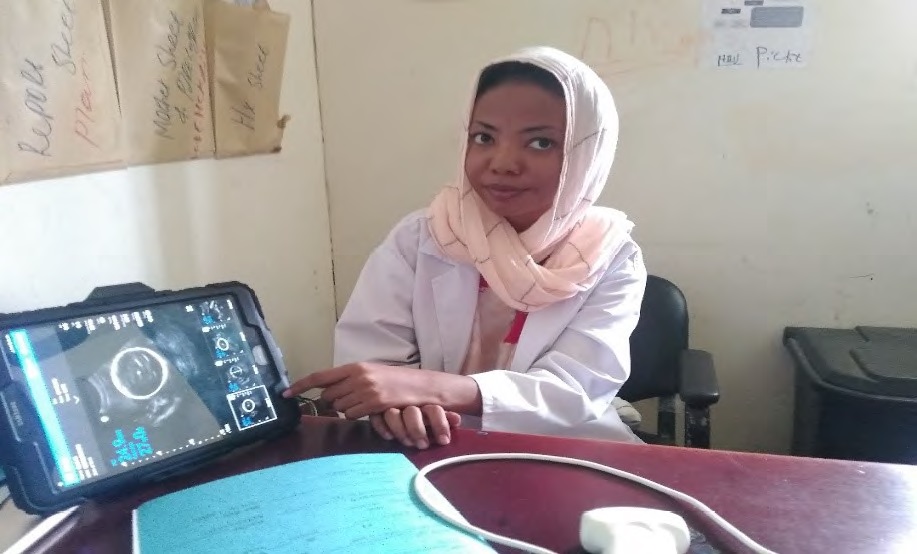Too many pregnant women in developing regions such as Afar, Somali, Gambella and Benishangul-Gumuz travel far for basic maternal health services. In places like Afar region, the topography and climate present significant barriers and health risks to pregnant women seeking care. Traditionally, basic maternal health services such as antenatal care and ultrasound services were only available in tertiary-level health facilities, usually located in major cities in Ethiopia. This arrangement often neglects a large segment of Ethiopian women who live outside of these cities.
Through USAID Transform: Health in Developing Regions and the Dutch Government supported A’ago projects, the provision of basic maternal health services is no longer exclusive to specialized health professionals within hospitals. Community health workers are trained to offer enhanced essential services at the community level, equipped to deliver services to pregnant women at their homes and in health posts. These projects not only trained midwives and community health workers, but also provided health centers with medical equipment including portable ultrasound machines. By ensuring more pregnant women are provided with basic maternal health services, the outcomes of their pregnancies and potential complications can be identified and addressed early on.
Tigist is a midwife at Saburie Health Center in Awash Fentalie district of Afar region. She already had a strong community presence and was providing community-level health service on a daily basis. Trained through the A’ago – Improving Sexual and Reproductive Health project to use portable ultrasound, Tigist acquired additional skills to provide enhanced healthcare to her patients.
“After I got trained on how to use the portable ultrasound Amref provided to our health center, along with the frequent clinical mentorship I received, I have now become confident and have been able to identify pregnancy abnormalities and refer high-risk mothers to higher level health facilities early on. The periodic mentoring and coaching provided by senior health professionals also helped strengthen my skills and boost my confidence. I am very happy and motivated to be a part of this experience,” Tigist remarked. This task-shifting has not only made a difference to women seeking healthcare but has also impacted healthcare providers like Tigist who are now on an accelerated career path.
The ultrasound services in lower-level health facilities has increased the number of pregnant women who have visited health facilities for essential services. Through the USAID Transform: Health in Developing Regions program, Amref Ethiopia donated Vscan/ultrasound devices to 24 health facilities in the last four years. Through the A’ago project, 93 health posts, 23 health centers and a hospital as well as 10 health district offices received Philips portable medical devices fitted in backpacks, which helped boost maternal and child health service utilization in Afar region.
- Nearly 20,000 pregnant mothers received integrated health services
- More than 1,800 mothers received the service without leaving their localities through our mobile outreach services
- More than 300 high-risk pregnant women were referred to higher health facilities for advanced health care and support.
Amref Health Africa teams up with African communities to create lasting health change.

